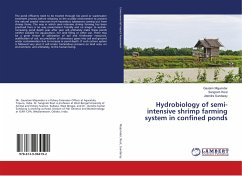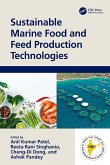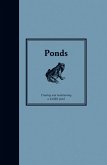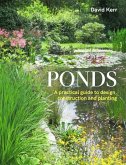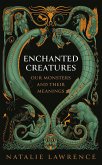The pond effluents need to be treated through bio pond or wastewater treatment process before releasing to the outside environment to prevent the natural coastal resources from hazardous substances coming out from shrimp farms. The way in which semi intensive shrimp farming has been practiced here is no way environment friendly and no longer to sustain. Increasing pond depth year after year will ultimately make these ponds neither suitable for aquaculture, nor land filling or other use. There may be a great threat of salinization of soil and freshwater resources, acidification of soil, accumulation of obnoxious gases into soil and ground water contamination due to increase in pond depth. If such culture system is followed very soon it will create tremendous pressure on land area, on environment, and ultimately, to the human being.
Bitte wählen Sie Ihr Anliegen aus.
Rechnungen
Retourenschein anfordern
Bestellstatus
Storno

